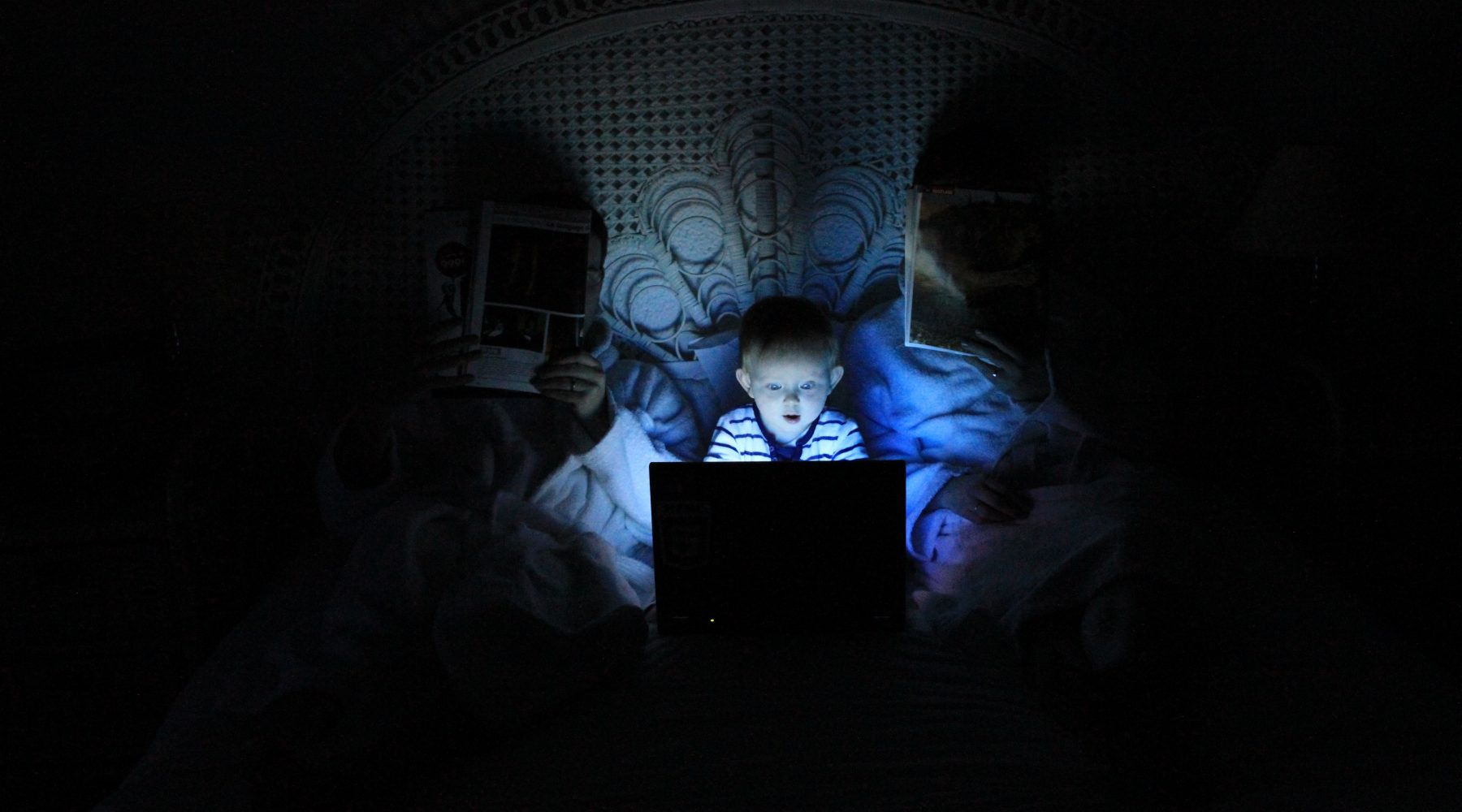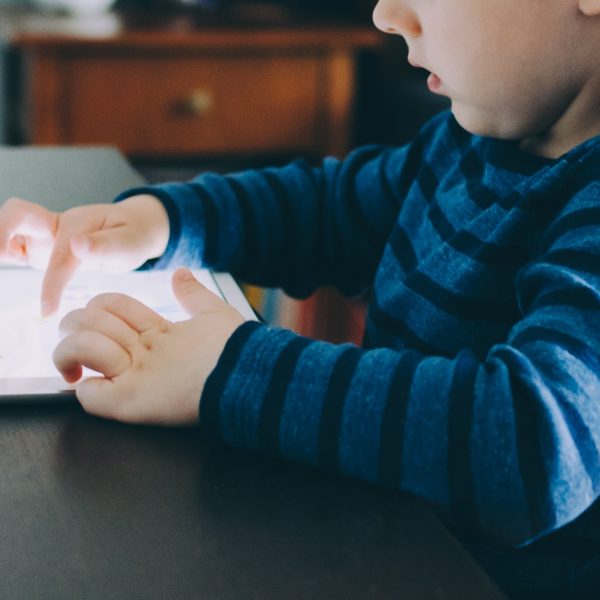Australia second only to Spain when it comes to child safety online

Australia has been ranked as the world’s second safest country for child online safety in the first-ever global Child Online Safety Index (COSI), conducted by international think-tank, the DQ Institute.
DQ used survey data from 145,426 children and adolescents in 30 countries over the last three years to determine the rankings, in which Australia came second only to Spain. The final rankings are based on six measures including education and exposure to cyber risks.
COSI is the world’s first real-time measure to help nations understand their children’s online safety status, and was released overnight to coincide with Safer Internet Day, which is recognised 11 February each year.
Children in Australia are relatively digitally competent, the survey found, and are reasonably able to use technology safely and responsibly. In the digital competency category, Australia was rated in sixth position, with India in first place, and Thailand in last.
Australia is ranked third when it comes to measuring social infrastructure, based on government policies and sector and industry practices to protect children online. Only the US and the UK rank higher, while Nepal is ranked in last place.
Crucially, Australia fared far worse when it came time to measure cyber risks, such as cyberbullying, risky content and risky contact with strangers. In this category, Australia ranked in 11th position. Japan is ranked first by this measure and Thailand last.
The Sector contacted Dr Yuhyun Park, founder of the DQ Institute to learn more about the importance of early childhood in ensuring that children developed good habits and learned how to be safe online in their formative years.
“Early childhood is a vital time in which children can form healthy media habits with active parental guidance. It is harder for these habits to be changed as children grow older,” Dr Park said, explaining that risky online behaviour is related to a lack of discipline in technology usage, “such as excessive screen time, overuse of social media and games. Disciplined digital use starts from home at a young age.”
“Parents and educators need to ensure they are giving good digital guidance in supporting their children. Just like a health check-up, it is important to check their own digital health and their ability to guide and protect children,” she added.
Her advice here was simple: “Digital guidance involves limiting the amount and content of media for children, with active mediation to increase digital literacy and critical thinking in children, and consistency from all caregivers and educators in keeping simple rules, such as no screen use during meal times.”
Australia is ranked 11th in terms of disciplined digital use, taking into account excessive screen time, high social media and gaming use, and mobile phone ownership among children. Japan ranked highest and the Dominican Republic ranked lowest.
Concerningly, Australia’s poorest measure, at 15th place, is on guidance and education, which measures protective support and direction from parents and education settings.
“That Australia is the second safest country we surveyed for children online will come as welcome news to Australian parents and educators,” Dr Park said, cautioning against complacency.
“What we are witnessing is a global cyber-pandemic with high exposure to multiple forms of online risks threatening children across all the countries we surveyed. Everyone in society has a role to play in turning this around, but parents and educators must be aware that they can make changes and reduce online harm,” she added.
To gather the data, the DQ Institute collaborated with over 100 organisations including Singtel, AIS, Optus, TURKCELL, Twitter, World Economic Forum, and JA Worldwide since 2017, as part of the #DQEveryChild global movement.
Linked with DQ World assessment tools and its global database, COSI will be automatically updated as countries progress with their child online safety and digital citizenship initiatives.
This, a spokesperson noted, will help countries co-ordinate more effectively various efforts to enhance child online safety and digital citizenship, thus enabling the measurement of global progress on this front.
To access the full report, along with an interactive online platform, please see here.
Popular

Workforce
Quality
Research
When did it start to go wrong?
2025-12-18 08:00:46
by Fiona Alston

Quality
Practice
Research
Curiouser and Curiouser: What Alice helps us see about who should teach
2025-12-19 07:15:35
by Contributed Content

Quality
Provider
Research
A call to action for Early Childhood: Accountability and transparency in the National Strategy to prevent child abuse annual report 2025
2025-12-18 07:00:37
by Fiona Alston















